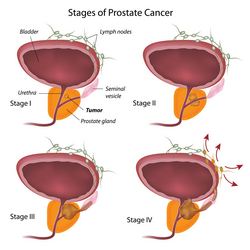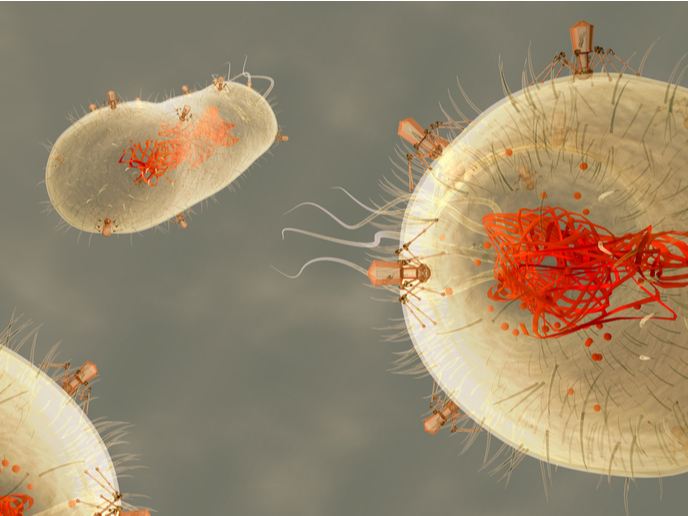Androgen synthesis in castration-resistant prostate cancer
The most efficient treatment of disseminated PC includes hormonal therapy to prevent activation of the androgen receptor (AR) by 5α-dihydrotestosterone (DHT) in the tumour. Eventually patients develop hormonal therapy resistance, leading to so-called castration-resistant disease (CRPC) with poor prognosis. Novel androgen synthesis and receptor inhibitors improved patient survival in CRPC, suggesting the crucial role of androgen in PC despite castration. Recent studies have shown the possibility of DHT synthesis through alternative pathways that do not require testosterone. These alternative pathways depend on the presence of specific steroidogenic enzymes. The goal of the EU-funded ASPIRE-PC (A novel androgen synthesis pathway in treatment-resistant prostate cancer) project was the investigation of the activity and relevance of these novel pathways during progression of PC. Liquid chromatography-tandem mass spectrometry (LC-MS/MS) was employed to map the steroid metabolome in PC cell lines. For the study, researchers used mice engrafted with human PC xenografts and ex vivo patient prostate samples. Researchers optimised the LC-MS/MS technique for simultaneous analysis of 21 steroid compounds at a nanomolar threshold. Scientists found that the alternative adrenal androgen pathway is active within PC cells. At the same time, they were unable to detect the presence of de novo androgen synthesis at all stages of PC. However, conversion of adrenal androgens into active androgens occurred in all tested PC models. Subsequent enzyme activities were verified by observation of the activation of AR in PC cells by only steroids that were downstream of potential de novo synthesis pathways. In cells with mutant AR, all alternative pathway steroids were able to activate the AR. Taken together, project results did not find evidence of de novo steroid synthesis during PC evolution. However, study outcomes emphasised the importance of existing androgen precursors. In addition, this investigation provided new hypotheses for the role of alternative pathway steroids in PC progression.







